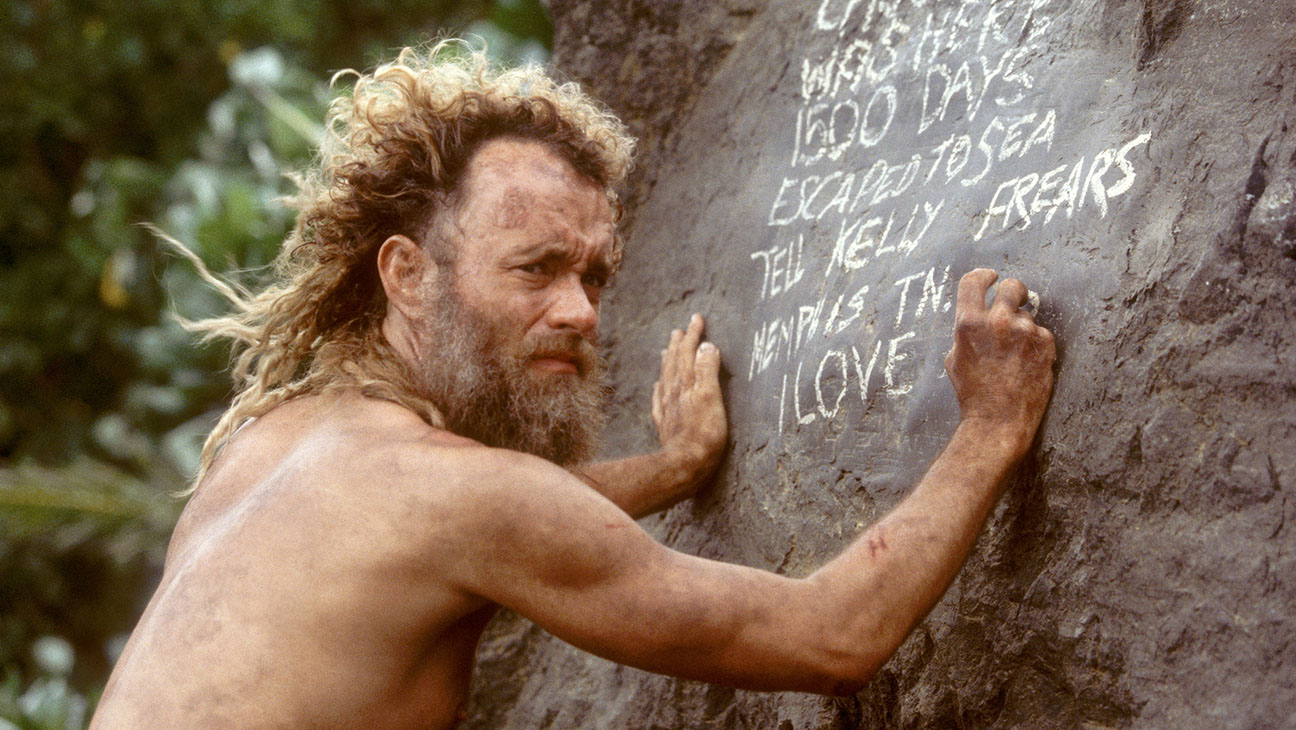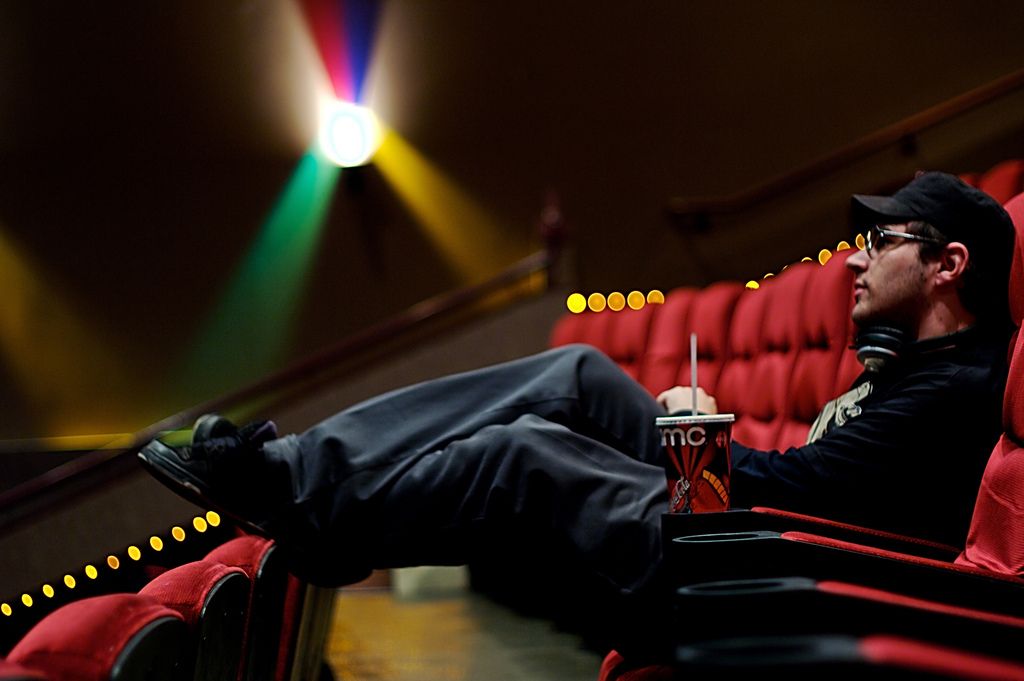
In the dazzling galaxy of Hollywood, where stars are born and cinematic legends are forged, some stories behind the silver screen are even more captivating than the films themselves. Will Smith, a name synonymous with blockbuster success and charismatic performances, recently pulled back the curtain on a truly astonishing chapter of his career: his initial hesitation to take on the iconic role of Agent J in the 1997 sci-fi action-comedy, *Men in Black*. This revelation offers a fascinating glimpse into the decision-making process of a megastar at the cusp of his peak, revealing a thoughtful consideration of his career trajectory that few might expect.
Smith’s candid confession, shared during an appearance on Kevin Hart’s *Heart to Hart* talk show, brings to light not just his personal doubts, but also the extraordinary lengths to which a true Hollywood titan, Steven Spielberg, went to ensure Smith would sign on. It’s a narrative filled with high stakes, strategic career planning, and a touch of the fantastical, involving helicopters, carbonated lemonade, and the unspoken power of a director’s legacy. The story underscores the intricate dance between artistic vision, personal ambition, and the persuasive force of industry giants in shaping cinematic history.
This journey into Smith’s past not only illuminates the origins of one of his most beloved characters but also provides a deeper understanding of the forces that guided his ascent to superstardom. It’s a testament to the crucial roles played by influential figures in Hollywood, the strategic choices made by artists, and the ultimate realization that even the most successful careers are built on a foundation of careful deliberation and, sometimes, a little bit of star power intervention. Let’s delve into the fascinating details of how Will Smith almost missed out on becoming Agent J, and how fate—and Steven Spielberg—intervened.
1. **The Initial Resistance: Why Will Smith Almost Didn’t Become Agent J**Will Smith, reflecting on his career-defining choices, confessed to Kevin Hart that he initially harbored significant reservations about joining the cast of *Men in Black*. This blockbuster, which would ultimately catapult him into a new stratosphere of global fame, was not an immediate ‘yes’ for the actor. His hesitation stemmed from a very particular and understandable career concern at that pivotal moment in his life.
The year prior to *Men in Black*’s release, Smith had already starred in another massively successful alien invasion film, *Independence Day*. He was wary of being typecast, a common fear among actors, especially those who experience monumental success in a specific genre. The idea of immediately following up one alien-centric role with another, back-to-back, weighed heavily on his mind, raising questions about the diversity and longevity of his burgeoning filmography.
This wasn’t a matter of disliking the script or the concept of *Men in Black*; rather, it was a strategic move to sculpt a versatile career path. Smith’s apprehension highlights the conscious effort actors often make to diversify their roles and avoid becoming pigeonholed. He clearly understood the importance of crafting a varied portfolio, a common aspiration for those aiming for sustained success and critical acclaim in the fiercely competitive entertainment industry.
2. **Steven Spielberg’s Masterclass in Persuasion: The Helicopter Call**As the story unfolds, it becomes clear that Will Smith’s initial ‘no’ was not something Hollywood legend Steven Spielberg was willing to accept. Spielberg, serving as the producer for *Men in Black*, took an extraordinarily direct and cinematic approach to sway Smith’s decision. This wasn’t a casual phone call or a standard meeting; it was an intervention befitting a filmmaker of Spielberg’s stature, demonstrating his conviction in Smith’s potential for the role.
Smith vividly recounted how Spielberg reached out to him directly, orchestrating a meeting that felt plucked straight from a movie script. He explained, “Steven Spielberg sent a helicopter for me—to talk to me.” This grand gesture immediately set the tone for the encounter, signaling the gravity and importance of the conversation to come. For Smith, who was in New York at the time, the helicopter ride to Spielberg’s residence was undoubtedly an unforgettable experience, underscoring the unique power dynamics at play in such high-level negotiations.
The mere act of sending a helicopter speaks volumes about Spielberg’s persuasive prowess and his belief in securing Smith for the part. It was a clear demonstration of intent, a theatrical overture designed to impress and, ultimately, to convince. This unconventional summoning was just the beginning of a conversation that would forever alter the course of Smith’s career, showcasing the unparalleled influence a producer like Spielberg could wield in shaping a project.
3. **The Iconic Encounter: Carbonated Lemonade and a Direct Challenge**Upon arriving at Steven Spielberg’s house, Will Smith was greeted with an experience that blended the ordinary with the extraordinary. The setting might have been a private residence, but the ambiance was distinctly Hollywood, albeit with a unique, personal touch from the legendary director. Smith fondly recalled, “he had me at hello. And it was the first time I ever had lemonade with carbonated water. You can’t say no to that.” This seemingly small detail speaks to Spielberg’s ability to create an engaging and memorable environment, disarming potential resistance with novel hospitality.
The conversation quickly escalated from pleasantries to a direct, yet subtly intimidating, challenge from Spielberg himself. Smith recounted the producer’s “coldest s***” line: “He said, ‘Tell me why you don’t want to make my movie…’ And he was the producer.” This was not a plea but a powerful rhetorical question, delivered with an unmistakable ellipsis that hung in the air, loaded with unspoken implication.
Smith understood the unspoken message perfectly. He elaborated on the implied weight of Spielberg’s words: “If he had continued, he would have said, ‘Joker, you know I made Jaws, right? You know I made E.T.’” This subtle yet undeniable flexing of creative muscle, referencing two of the most iconic films in cinematic history, served as a powerful reminder of Spielberg’s unmatched track record. It was a brilliant move, forcing Smith to reconsider his position in the face of such a formidable and proven talent, effectively turning a “no” into an inevitable “yes” without uttering another word.

4. **James Lassiter: The “Arbiter of Taste” Guiding Smith’s Choices**While Steven Spielberg’s direct intervention was instrumental, Will Smith also credits another pivotal figure for his role in securing the *Men in Black* deal: his former manager and longtime business partner, James Lassiter. Smith affectionately refers to Lassiter as the “arbiter of taste” during the formative stages of his career, highlighting the profound trust and respect he had for Lassiter’s judgment in film selection. It’s a testament to the crucial, often unsung, role that management plays in an actor’s trajectory.
According to Smith, Lassiter possessed an almost uncanny “eye” for identifying projects that would not only be successful but also strategically important for Smith’s career development. In the “heyday” of Smith’s early career, it was Lassiter who was often making the decisive calls on which scripts to pursue. This revelation underscores the collaborative nature of a star’s career, where visionary management can be as critical as the actor’s talent.
Lassiter’s influence wasn’t limited to *Men in Black*. Smith revealed that he initially resisted other iconic roles that Lassiter championed, stating, “I didn’t want to make Pursuit of Happyness. I didn’t want to make Ali. And JL picked Men in Black.” These films went on to become critical and commercial successes, earning Smith Oscar nominations and further solidifying his reputation as a versatile and powerful performer. Lassiter’s consistent knack for picking winners, even against Smith’s initial inclinations, paints a picture of a manager with an unparalleled strategic vision and a deep understanding of the industry.
5. **Navigating a Niche: Smith’s Desire to Avoid Back-to-Back Alien Films**Will Smith’s reluctance to jump into *Men in Black* immediately after *Independence Day* wasn’t arbitrary; it was a well-considered professional move. Having just anchored a colossal alien invasion film that earned him widespread recognition, Smith was acutely aware of the potential pitfalls of repeating a similar theme so soon. His concern was rooted in a desire for career diversification, aiming to prevent audiences and industry insiders from pigeonholing him into a single genre.
The success of *Independence Day* in 1996 had been massive, establishing Smith as a leading man capable of headlining large-scale action movies. However, this success also presented a challenge: how to leverage it without becoming typecast. Making two alien-themed blockbusters back-to-back, as Smith articulated, was a deliberate choice he sought to avoid. He understood the industry’s tendency to brand actors based on their recent hits, and he was keen to demonstrate his range early in his superstar ascent.
This strategic thinking reveals a thoughtful approach to career management, even for a star on the rise. It highlights an actor who was not merely chasing the next big paycheck but was actively shaping his narrative in Hollywood. His eventual acceptance of *Men in Black*, swayed by the formidable Steven Spielberg and his trusted manager James Lassiter, proved to be a pivotal decision that defied his initial apprehension and ultimately broadened his appeal, paving the way for a remarkably varied and successful career.

6. **The Monumental Box Office Success of *Men in Black***After much deliberation and the compelling interventions of Steven Spielberg and James Lassiter, Will Smith finally embraced the role of Agent J. This decision proved to be a pivotal moment not just for Smith’s career, but for Hollywood at large, as *Men in Black* exploded onto the global cinematic stage. The film quickly distinguished itself as a colossal commercial triumph, captivating audiences worldwide with its unique blend of sci-fi action, sharp wit, and undeniable charisma from its lead actors.
The financial performance of *Men in Black* was nothing short of extraordinary. The film went on to gross an astounding $589 million globally, far exceeding expectations and solidifying its place as one of the highest-earning movies of 1997. This massive box office haul was a testament to the film’s broad appeal, demonstrating that the creative vision of director Barry Sonnenfeld, coupled with the star power of Smith and Tommy Lee Jones, resonated deeply with moviegoers across diverse demographics.
Beyond its commercial success, *Men in Black* also garnered significant critical acclaim. The film currently boasts an impressive rating of 91 percent on the review aggregator website Rotten Tomatoes, indicating widespread approval from critics. This dual triumph of commercial and critical success unequivocally validated Spielberg’s conviction in the project and, more specifically, in Will Smith’s casting, proving that Smith’s initial reservations about back-to-back alien movies were ultimately overcome by an undeniable hit.
Read more about: Beyond the Hammer: An Insider’s Look at Chris Hemsworth’s Journey to Global Stardom

7. **Cementing Will Smith’s Blockbuster Status: A Star Ascendant**The overwhelming success of *Men in Black* was instrumental in firmly establishing Will Smith as a premier global blockbuster star. Coming hot on the heels of the equally massive *Independence Day* in 1996, *Men in Black* showcased Smith’s consistent ability to anchor large-scale, high-concept films that attracted vast audiences. It solidified his reputation not just as an actor, but as a major box office draw, capable of turning a project into a global phenomenon.
This back-to-back triumph demonstrated a rare consistency in delivering hits, a crucial factor in cementing one’s status in the competitive landscape of Hollywood. *Men in Black* didn’t just add another successful film to his resume; it elevated his brand, proving his versatility within the sci-fi genre by blending action with comedy, a departure from the more serious tone of *Independence Day*. This broadened his appeal and ensured he wouldn’t be typecast despite his initial fears.
The film’s performance underscored the foresight of James Lassiter, Smith’s former manager and business partner. It was Lassiter, the “arbiter of taste,” who persistently championed *Men in Black*, seeing its potential for Smith’s career trajectory even when Smith himself was hesitant. His strategic guidance, combined with Spielberg’s legendary persuasive power, undeniably steered Smith toward a decision that proved to be a cornerstone of his future superstardom. The role of Agent J became as iconic as Smith himself, inseparable from his image as a charismatic leading man.

8. **The Enduring Legacy: *Men in Black* Through Sequels and Reboots**The colossal impact of the original *Men in Black* movie extended far beyond its initial theatrical run, birthing a beloved franchise that has captivated audiences for decades. The immense popularity of the 1997 film, anchored by the unforgettable dynamic between Will Smith and Tommy Lee Jones, naturally led to the development of sequels, eager to revisit the world of covert alien immigration and intergalactic policing.
Fans were delighted as the story continued with *Men in Black II* in 2002, followed by *Men in Black 3* in 2012, both starring Smith and Jones. These films further explored the adventures of Agent J and Agent K, deepening the mythology and maintaining the signature blend of humor and action that made the original so compelling. The continuation of the franchise underscored the enduring appeal of its unique premise and characters.
The legacy of *Men in Black* proved so powerful that the franchise was eventually rebooted in 2019 with *Men in Black: International*, featuring a fresh cast including Tessa Thompson and Chris Hemsworth. This reboot, while introducing new agents and storylines, remained firmly rooted in the universe established by the original film, demonstrating its foundational strength and lasting cultural imprint. The very existence of sequels and a reboot speaks volumes about the original film’s monumental success and its pivotal role in cinematic history.
9. **Beyond the Blockbuster: Will Smith’s Candid Reflections on Success and Happiness**While *Men in Black* undoubtedly marked a monumental career triumph for Will Smith, his recent revelations during the *Heart to Hart* talk show provided a poignant glimpse into his personal understanding of success, which transcends mere box office figures. Smith openly confessed that by 2010, at the peak of his family’s rising fame, a crucial realization dawned upon him: “It was my first realisation that success and money don’t mean happiness.”
This candid insight offers a powerful perspective from an actor who had achieved nearly every metric of professional success. His journey with *Men in Black* — a film he initially resisted but which ultimately brought immense fame and fortune — serves as a backdrop to this deeper, more introspective understanding of life. It highlights that even for those at the zenith of stardom, the pursuit of external accolades doesn’t automatically equate to internal contentment.
Smith’s reflection speaks to the universal human experience of seeking fulfillment beyond material gains. His willingness to share this vulnerability, especially in the context of his family’s experiences, underscores a maturity that goes beyond his on-screen persona. It’s a reminder that true success, in its most profound sense, often lies in realms far removed from Hollywood’s glittering lights and the global adoration that comes with headlining blockbuster films.
Will Smith’s journey with *Men in Black* is more than just a tale of a hesitant star swayed by a legendary director and a visionary manager. It’s a narrative about strategic career choices, the phenomenal power of a cinematic masterpiece, and the eventual wisdom gained from experiencing the full spectrum of fame. From resisting a career-defining role to reflecting on the true meaning of happiness, Smith’s story continues to resonate, offering valuable insights into the intricate tapestry of Hollywood and the human spirit.








